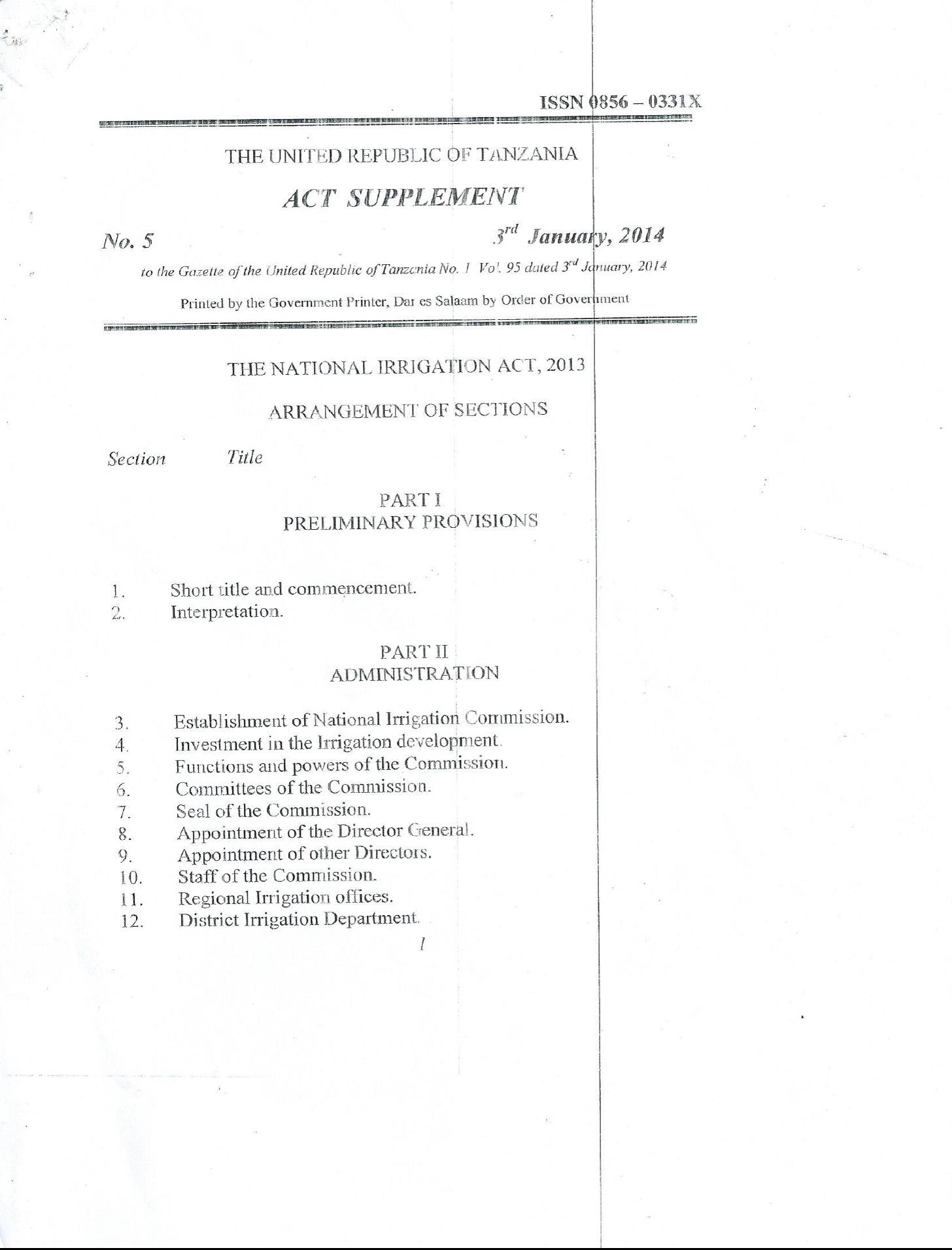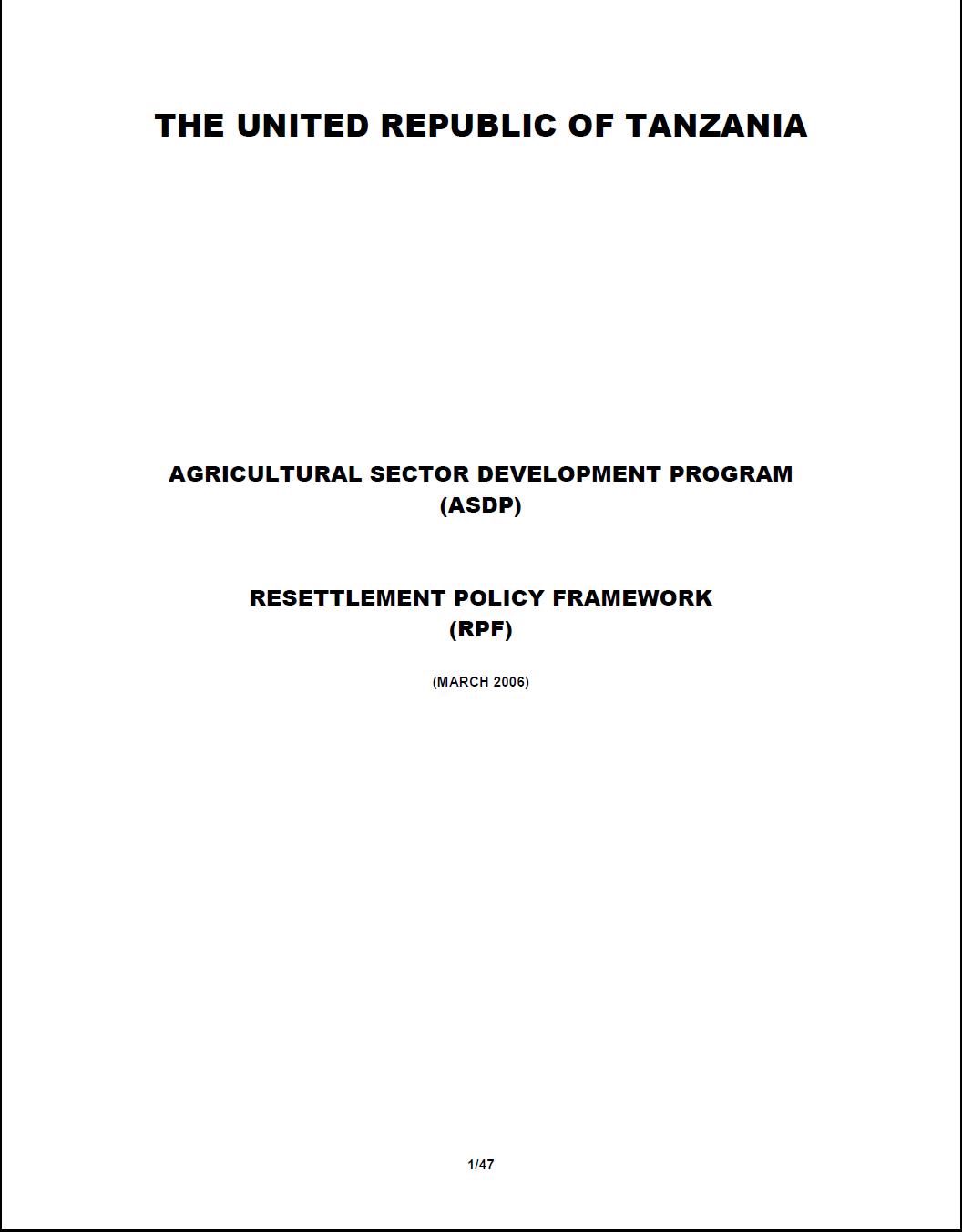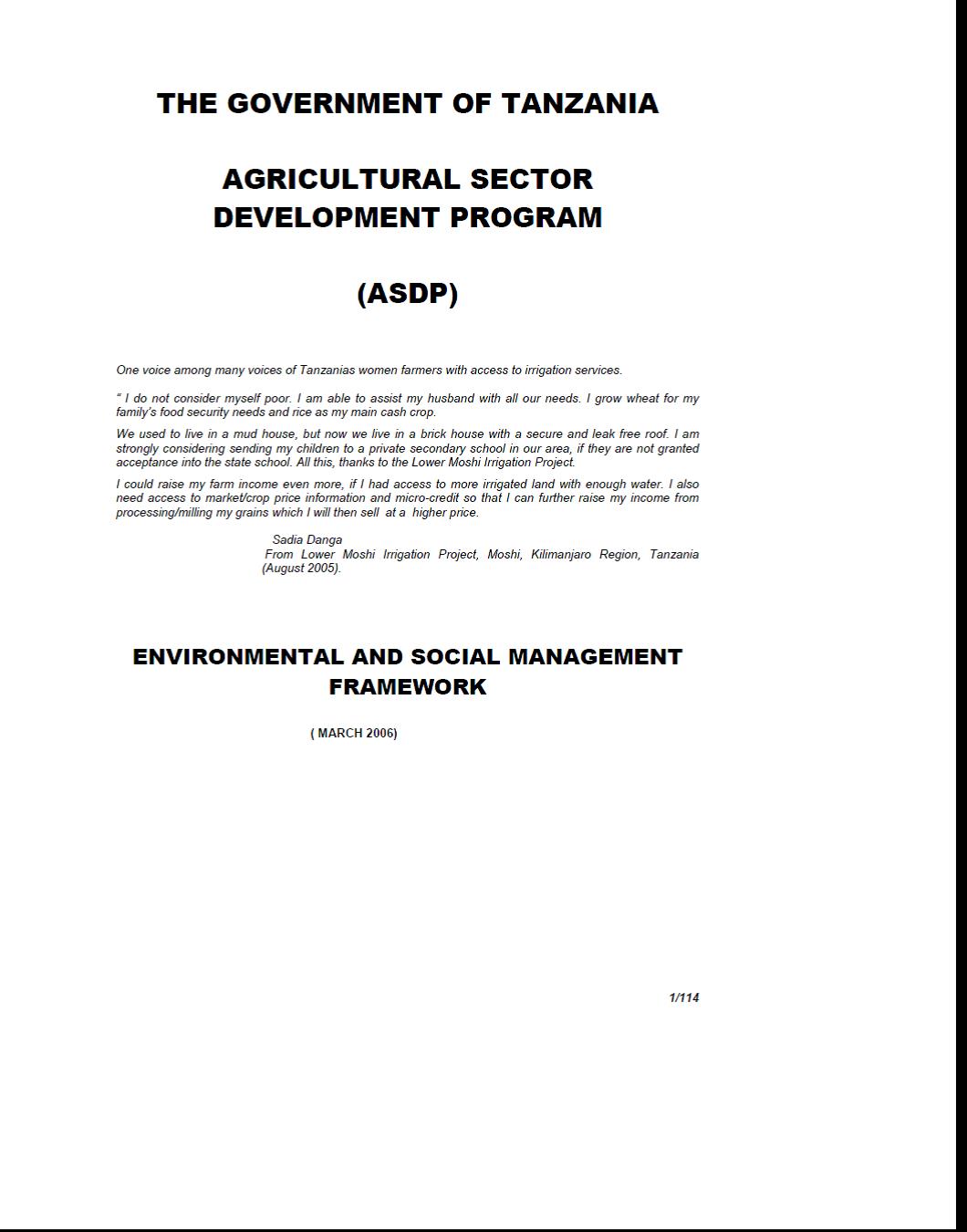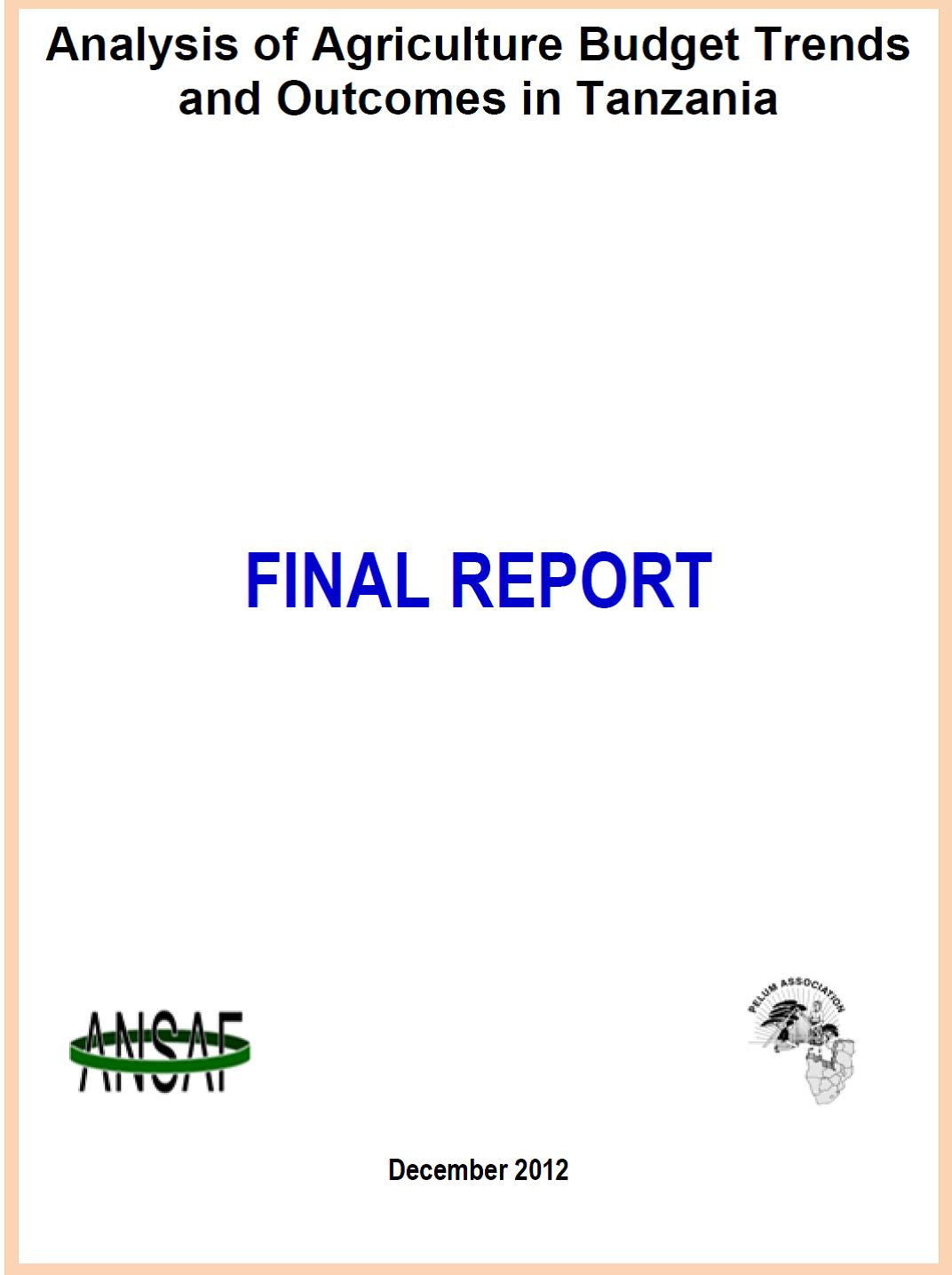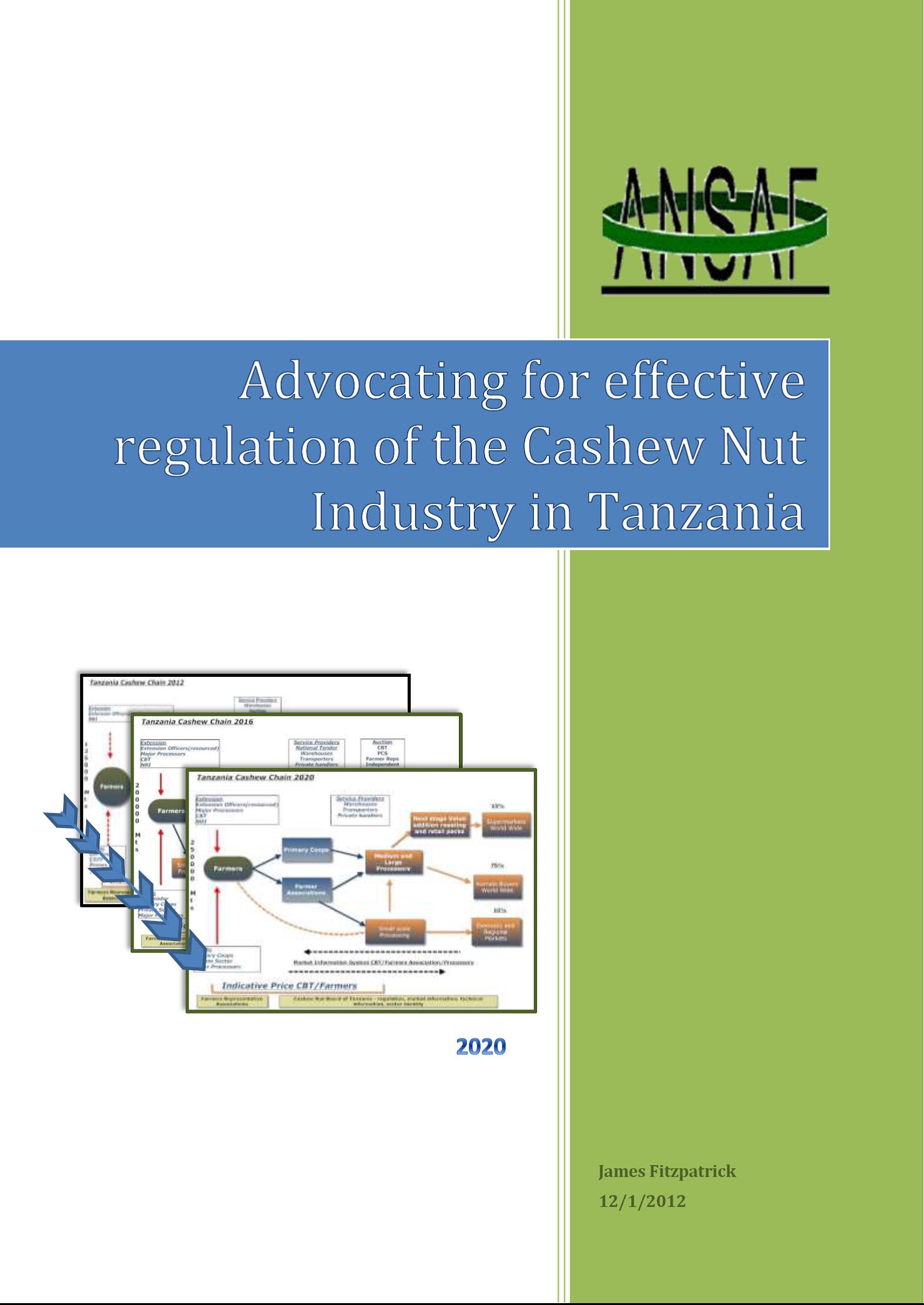The National Irrigation Act
An Act to provide the establishment of the National Irrigation Commission; to provide for the development,operation and maintenance of irrigation and drainage systems; to provide for effective implementation of the National Irrigation Policy, the National Irrigation Development Strategy and to provide for related matters.

